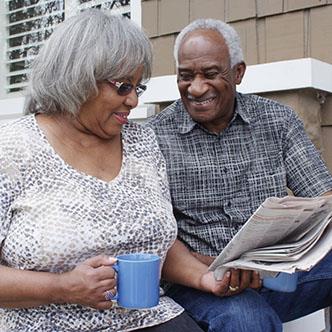
Twenty-four–hour blood pressure monitoring could help reduce health disparities, based on a recent study that found at-home blood pressure monitoring identifies blacks with increased cardiovascular risk. Findings were published in JAMA: Cardiology and suggest that in-office blood pressure checks aren’t enough to identify patients at risk for life-threatening heart events.
Known as the Jackson Heart Study, this study collected 24-hour blood pressure readings on more than 1,000 black adults and followed participants for more than a decade to track outcomes like heart attack and stroke. The goal of the recent analysis was to see how day and nighttime blood pressure—measured outside of the doctor’s office—impacts cardiovascular risk.
In total, the study included 1,034 adults from Jackson, MS, who were free of heart disease. After the initial medical exam, which included in-office blood pressure readings, participants were given blood pressure monitors to wear at home for a 24-hour period. The monitors were worn on the arm and collected blood pressure readings every 20 minutes, even during sleep.
Researchers then followed participants for up to 15 years, tracking heart events and deaths.
After grouping participants based on their average daytime and nighttime blood pressure, researchers found that at-home blood pressure levels were strongly associated with heart risks, regardless of in-office readings.
The strongest association was between systolic blood pressure (the top number on a blood pressure reading) and cardiovascular risk, as each 13.5–15.5 point increase in daytime and nighttime blood pressure was associated with up to 53% greater risk for heart events.
Similarly, every 9 point increase in daytime and nighttime diastolic blood pressure (bottom number in a blood pressure reading) was associated with a 25–30% increase in risk for heart events.
What findings show, according to authors, is that we may be missing patients at high-risk for heart events based on in-office readings alone. In this study, having a high at-home blood pressure reading was associated with increased heart risks, even after adjusting for in-office readings.
Since blacks are more likely to have high blood pressure and develop heart disease than whites, experts stress the importance of routine blood pressure screening. Based on current guidelines, that means routine blood pressure checks at the doctor’s office so that high blood pressure can be recognized and addressed as early as possible. However, findings support adding at-home blood pressure monitoring to the screening process, as it may help further identify patients at high risk for heart events.